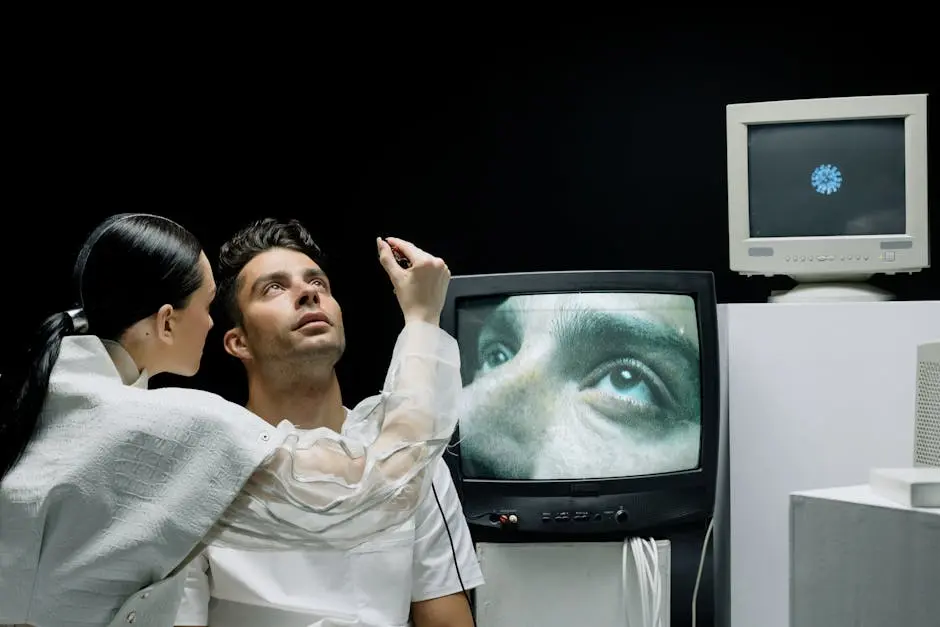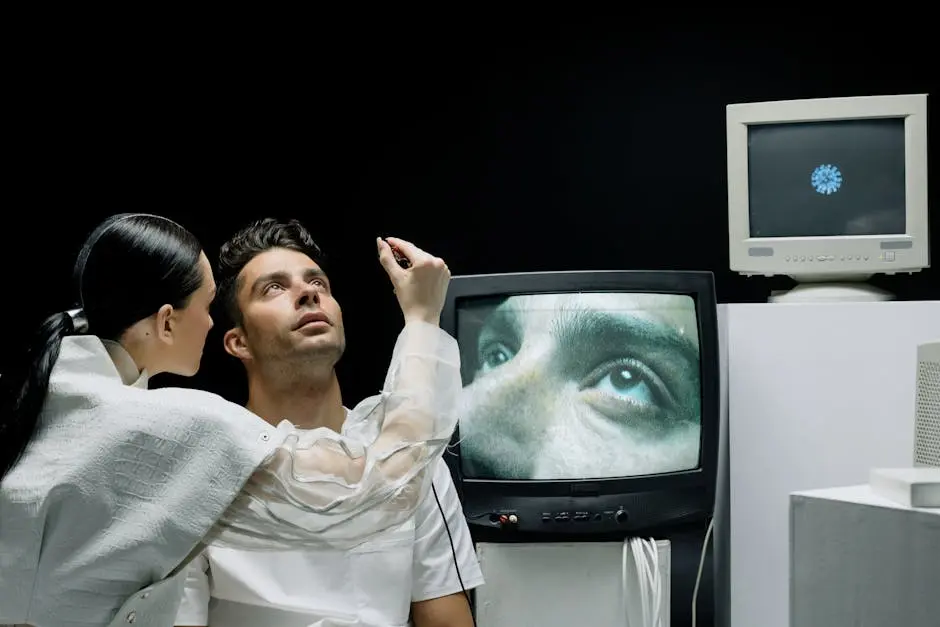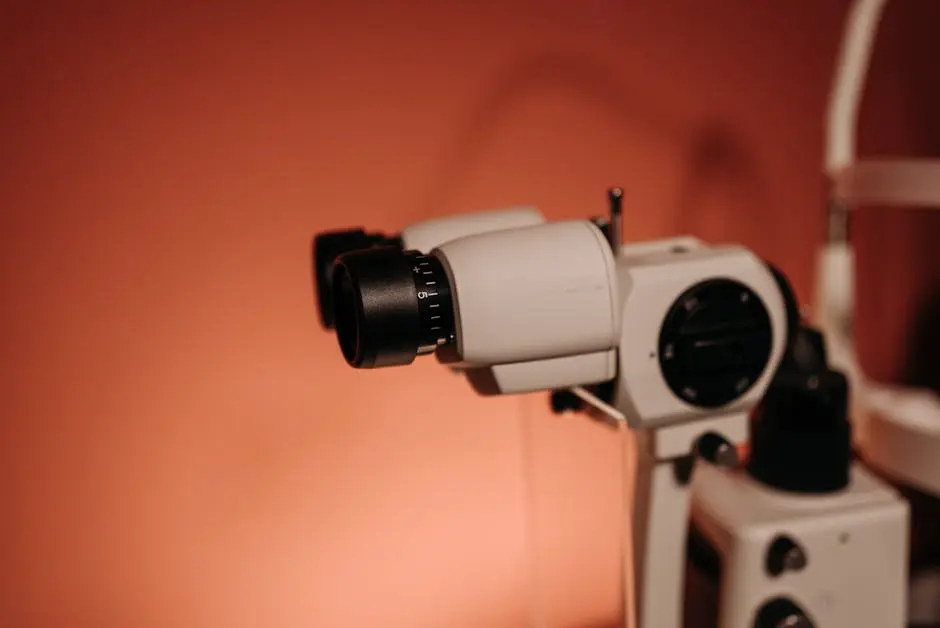What Is Involved in an Advanced Vision Treatment Plan?
When dealing with vision problems, an advanced vision treatment plan might be the right solution for you. These plans are designed for more complex vision issues and usually involve a multifaceted approach. In this blog, we’ll walk you through the key components and steps involved in an advanced vision treatment plan, using simple and engaging language to make it easy to grasp.
Initial Assessment and Diagnosis
The first step in an advanced vision treatment plan is a thorough assessment and diagnosis. This involves detailed eye exams, medical history review, and possibly imaging tests. The aim is to understand the root cause of the vision problem and tailor the treatment accordingly.
During the initial assessment, your ophthalmologist may use state-of-the-art diagnostic tools. These tools help to accurately measure your visual acuity and eye health. A comprehensive assessment ensures that the most effective treatment path is chosen for your specific condition.
One critical component of the initial diagnosis is understanding the patient’s lifestyle and daily vision needs. By considering factors like the patient’s work environment or recreational activities, the treatment plan becomes uniquely aligned with their life.
Customized Treatment Plan Development
Once the diagnosis is made, a personalized treatment plan is created. This plan considers the specific needs of the patient, the severity of the vision issue, and the latest in treatment technologies. It may include a combination of therapies, corrective lenses, or potential surgical interventions.
Modern technology plays a crucial role in customizing treatment plans. The advent of digital imaging and 3D mapping has significantly enhanced precision in developing individualized plans that cater specifically to each patient’s requirements.
We offer a wide array of tailored treatment strategies, including cutting-edge laser surgeries and prescription lenses that can adapt to various light conditions. Ensuring comfort and clarity is always at the forefront of our patient-centered approach. For more details, check out our services.
Therapeutic Interventions and Monitoring
Advanced vision treatments often involve therapeutic interventions such as vision therapy exercises or the use of specialized eyewear. Regular monitoring and follow-up appointments are crucial to assess the effectiveness of the treatment and make necessary adjustments.
Vision therapy can include a series of eye exercises designed to strengthen vision. This is especially useful for conditions like amblyopia or strabismus, where dedicated therapy can enhance eye coordination and vision strength like studies indicate.
Monitoring progress is not only about eye examinations; it’s about holistic care that may include lifestyle adjustments. This ensures that eyes are protected in everyday situations, making your treatment sustainable over the long term.
Surgical Options Consideration
For some complex vision issues, surgical options may be recommended. This might include procedures like LASIK, cataract surgery, or more specialized surgeries. It’s important to have a detailed discussion with an eye surgeon about the benefits and risks involved in surgical treatments.
Surgical procedures can provide significant improvements for issues not corrected by lenses alone. For instance, LASIK has proven effective for many clients seeking freedom from glasses or contact lenses as the American Refractive Surgery Council reports.
Regular Follow-Ups and Long-term Care
Vision treatment plans require ongoing care and regular follow-ups to ensure optimal results. Long-term care may involve adjustments in lifestyle or prescription lenses and ensuring that the vision health remains stable. Regular check-ups help in catching any new issues early.
Our comprehensive care approach is designed to support patients by offering continued guidance and evaluation. Routine check-ups extend the benefits of the treatment and preserve vision health.
Long-term care is about proactively maintaining visual acuity and handling any potential changes with precision, thereby minimizing risks of advanced vision impairments developing over time.
Wrap-Up: Clear Vision Ahead
Understanding what an advanced vision treatment plan entails can demystify the process and help you make informed decisions about your eye care. Always consult with a qualified eye specialist to tailor a treatment plan specific to your needs, ensuring the path to better vision is clear and achievable.






